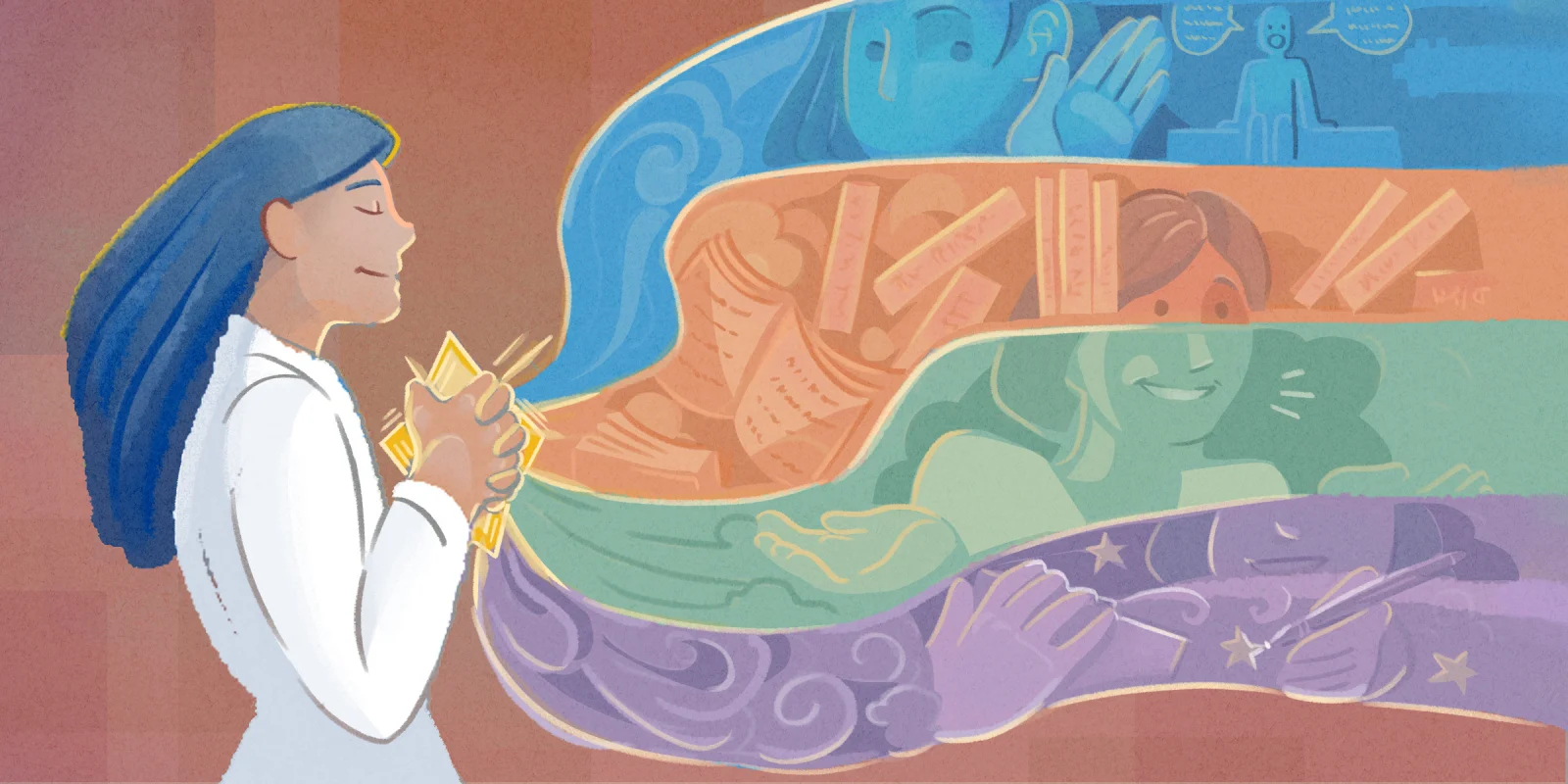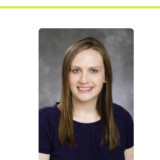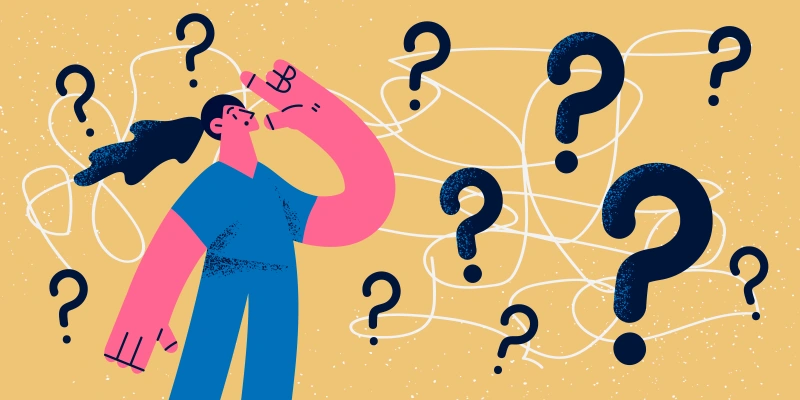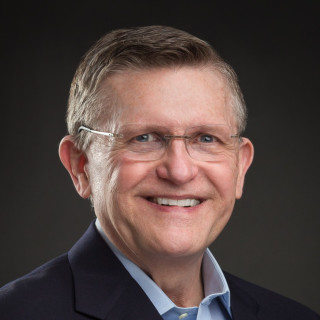Here I am again, at the end of a long day of clinic. Orders placed, patients seen, phone calls made. It’s time to settle in and finish the notes. It’s time to write these stories.
Today there is a short story about a healthy pregnancy and a happy baby. We mostly talked about how newborn babies don’t sleep well and how it will get better. I reminded the mother that even a year later, complicated emotions related to the experience of pregnancy, delivery, and caring for a child may arise, and that I’ll be here if she needs anything.
A few years ago, I saw a patient with bleeding. A young woman, physically fit and very active, was having heavy irregular vaginal bleeding. After we reviewed the questions and the tests were done, I’d recommended a diagnostic procedure. There were so many rich details to her story. We discussed her young son, the same age as mine. Her mother, a helpful presence, shared about how they’d gotten matching tattoos. She had an exciting activity-filled life. And then, an unexpected cancer diagnosis. I called to tell her that the tests revealed cancer — the silence at that moment burns in my mind still today. A few years later, I read the story of her death in the newspaper. Her experience is written into my story forever.
Around the same time, I saw a patient with pain. She was a middle-aged woman with hard-to-treat vulvar pain. We tried multiple medications, imaging, and referrals. Her story was full of pain, but also of happiness. Her grandchildren, the job she loved, the hobbies she was passionate about. And then, an unexpected cancer diagnosis. Referrals and treatment ensued. A few years later, she returned to see me and said, “You saved my life.” Her story continues, happily.
Sometimes, it is a bit of a challenge to get all of this information recorded accurately. There might be a winding history, many tangents, a mystery problem — or, sometimes, I’m just running behind schedule in clinic. But it’s part of my job to write down these stories. In the not so distant past, we learned acronyms (such as the nonsensical AADC VAAN DISSL) and various other mnemonics to ease the burden of paper charting. Now, although EMRs abound, there is seemingly even less time and more work to be done. It has become easy in our modern world for adjectives to fall by the wayside — but notes have so much potential to be more. Rather than just a rote history of clinical data, they can in fact be a detailed record of who my patient is and what really matters to them. No one is just their symptoms, lab results, or imaging studies. Documentation carries the potential to truly convey the depths of a person. Notes can be both laced with emotion and an objective chronicle.
I often think about the way my note will portray my patient, on this one day, as well as overall. I write the stories of their concerns, doing my best to include all of the details I know we need (What makes it hurt? Does anything make it better or worse? When did it start?), as well as some that perhaps aren’t as crucial, but build the story of the person I am seeing (How is your family doing with this pandemic? Did you get that new job? What did you do for fun this weekend?). For instance, for my patient with vaginal bleeding, it was important to know when the bleeding started, how long it lasted, and how much bleeding had occurred. Clinically, I would not have needed to know about her hobbies or her family to treat her appropriately. But in practice, the details about her life — her motherhood, her activities, her relationships — informed the importance of her treatment.
Patient notes are inarguably important. First, of course, they are necessary for the accurate conveyance of patient concerns or conditions into the medical chart for other clinicians. If follow-up treatment is needed, or historical information becomes relevant, my notes need to be accurate and complete. But in addition, telling these stories is important for posterity. I want to remember and know who my patient is, how they touch the people in their lives, and how they move through the world. It is sometimes challenging to keep that human side of medicine at the forefront, easy to drop it from a note when time is short and demands are many.
I want to write patient narratives well. I know my patients have only some control over their stories, and even less over how well I tell those stories. Some have happy endings, others are more difficult; undoubtedly, my translation may not always be perfect. But in the end, for each of them, it’s an honor in the story of my life to be a part of theirs.
What do you strive to preserve for posterity in your patient notes? Is your style more spare and succinct or narrative and detailed? Share your thoughts in the comments below.
Jill Moes is an obstetrician/gynecologist working in St. Paul, MN. She loves fireworks, weddings, books, thinking about life, and trying to keep up with her three busy boys. Dr. Moes is a 2021–2022 Doximity Op-Med Fellow.
Illustration by April Brust






